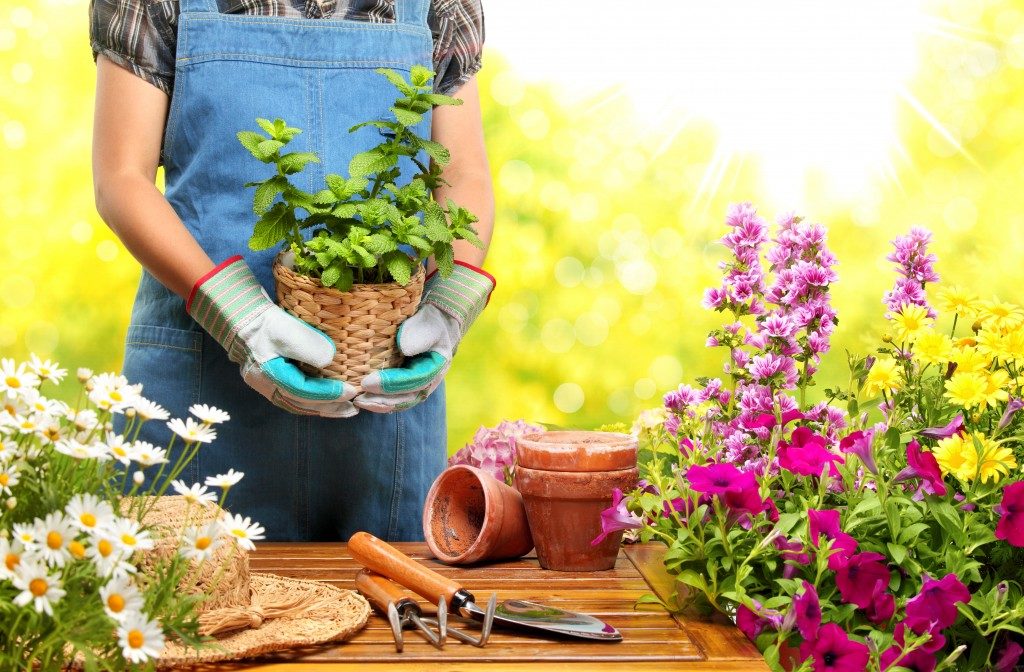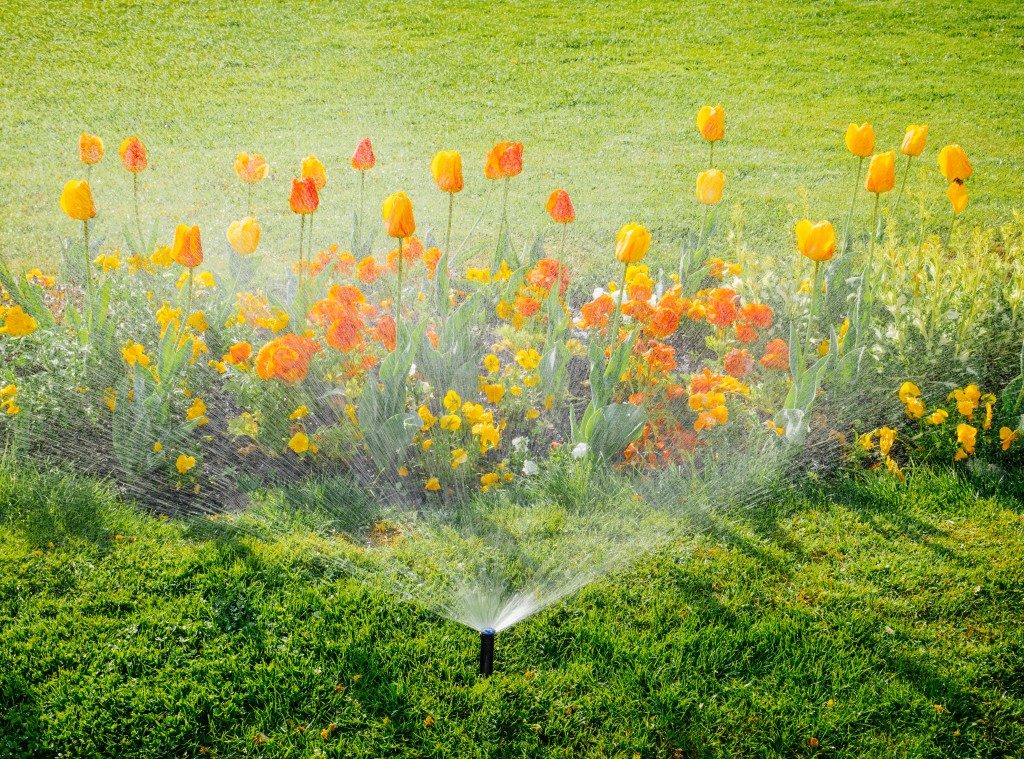You’re a year now into managing your garden, which includes flowers and vegetables. You’ve managed to get a harvest last year. But recently you discovered that the plants are looking a bit unhealthy. Plenty of leaves from various plants have pest bites. There’s discoloration in some of the leaves. You’re now dealing with pests in your garden. You just bought 12-volt spray units for spraying pesticides to treat your plants. But you’re still hesitant, and you think that there might be other ways to fight pests other than using pesticides.
You ask your friends who know about farming how to get rid of pests in your garden.
Not All Pests Are Harmful
Anti-pesticide or pro-organic way advocates of dealing with pests would tell you that there are natural remedies to maintain the health of your plants without the application of pesticides. They believe that the quick fix provided by pesticides, while they eliminate the destructive insects, they also kill organisms that offer benefits to your plants. Moreover, continuous exposure to these chemicals can be harmful to your health over the long term.
The alternative is to go organic. The belief is that the natural method maintains your garden’s ecosystem and saves 95% of pests and insects that are useful to your plants and crops.
The Organic Method

The temptation to spray pesticides is strong, particularly if you’re seeing that your plants are being destroyed. If you want to go organic, one of the first steps you need to take is to be in your garden more than the usual time that you are spending on it. This means that you can detect the early onset of diseases. Here are more things that you should note:
- Good guys and bad guys. Not all insects are harmful. Some help in the pollination process and decomposing of organic matter. You can protect your plants from bad guys while allowing the good guys to do their thing through the use of traps and natural biological agents. This simple method of identification goes a long way in protecting your plants.
- Proper soil maintenance. Plants give off oxygen through photosynthesis, which helps us breathe. Healthy soil, on the other hand, nourishes plants. Steps you can take for proper soil maintenance include the following:
- Don’t disrupt the earth too much. Too much disturbance leads to erosion and damages soil microbes and other living organisms like worms. Create a top layer (e.g., a compost) and allow the earthworms to do their work.
- Use compost as a natural fertilizer and do this during springtime to add nourishment to your soil.
- Move crops around to prevent the rapid growth of harmful pests that live in the soil.
- Petal Attraction. Humans speak of pheromones. Useful insects are also attracted to individual plants. Some of these plants include tansy, mint, carrots, fennel, dill, parsley, and coriander. Notice how some of these are herbs that give off a pleasant smell?
- Use nets. If you have a long bed of crops, consider using fabric to protect your plants from insects like cucumber beetles.
Patience is vital to adopting organic methods of preventing the onslaught of pests. These points will help maintain the ecosystem of your garden without the toxic effects of pesticides.

